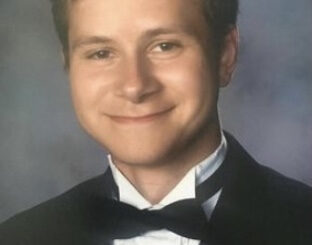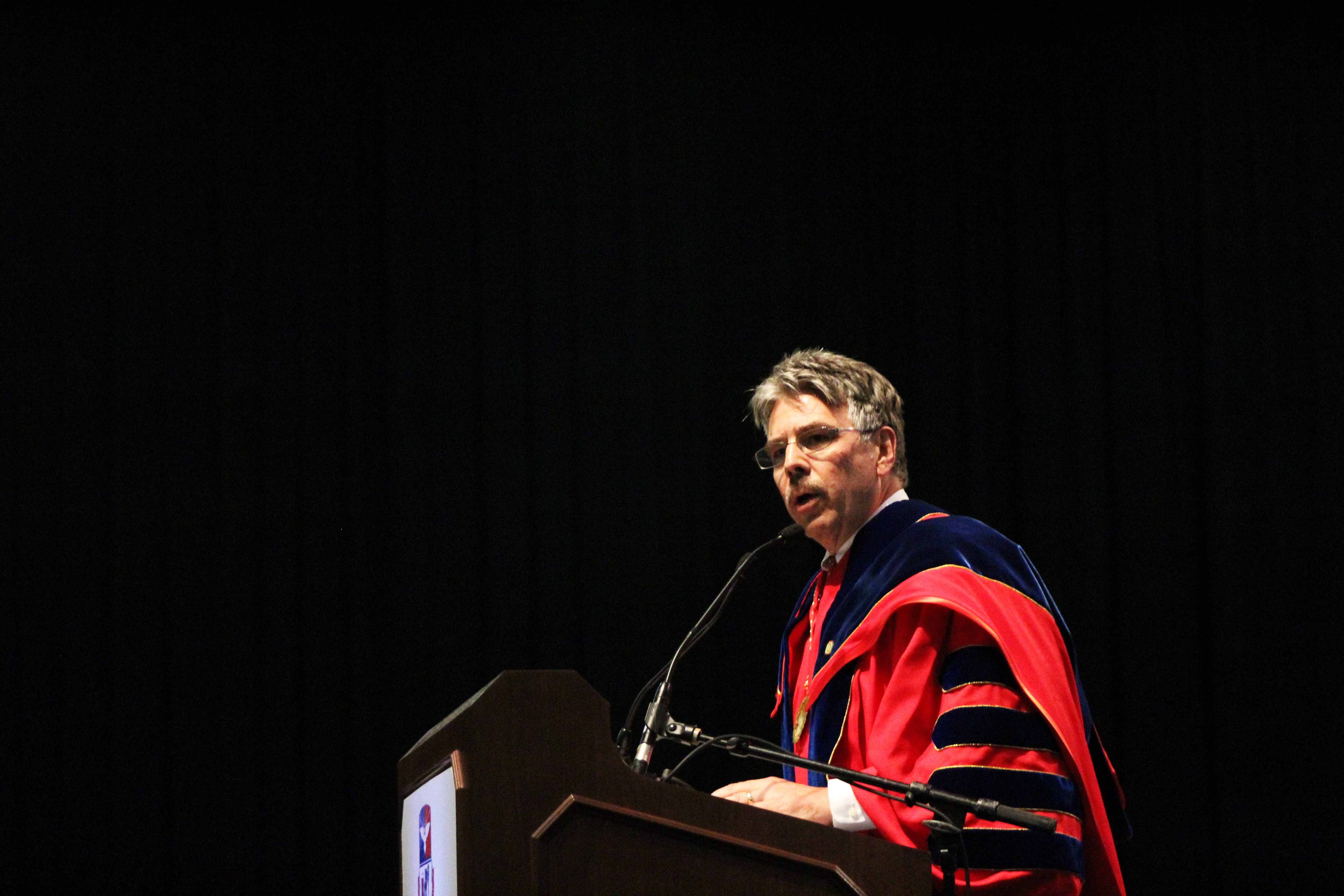By Wes Crosby | News Editor
Duquesne signed a five-year agreement last week for academic collaboration and exchange of students and faculty with the Daiichi University of Pharmacy in Fukuoka, Japan.
The agreement is the second current collaboration the Mylan School of Pharmacy has with a Japanese university. It also holds agreements with the University of Perugia, Italy, and schools of pharmacy in China, Japan and Africa.
Pharmacy students and faculty will spend time studying and doing research at Daiichi’s Graduate School of Pharmaceutical Sciences, which is a part of the Tsuzuki Gakuen, one of Japan’s largest educational groups, according to Dean J. Douglas Bricker.
Bricker said the collaboration will allow students to gain experience that cannot be earned at an American university.
“We will have pharmacy students visit another country and learn about how their health care system works,” Bricker said. “They’ll learn about the role of a pharmacist in that country, which is going to be different than what they experience here. And [Daiichi’s] students will come here and learn about our system.”
Bricker also said he thinks it is important for Duquesne’s students to become involved in the state of pharmacy in other countries, and said he thinks these agreements facilitate that involvement.
“Students have opened their eyes.”
J. Douglas Bricker
“The students begin understanding different cultures,” Bricker said. “They will get a better idea of how they can improve health outcomes globally. It’s part of an initiative to extend global pharmacy education.”
Bricker said he expects students and faculty to begin migrating between the universities during either the Spring or Summer 2014 semester. Faculty members will be exchanged for a period of about one month at a time to collaborate on research concerning cultural differences surrounding pharmaceutical sciences.
The exchange of ideas between the universities’ faculty members allows foreign faculty members to gain valuable knowledge they can share once they return to their respective schools, Bricker said.
“Many of the schools are looking for experience in working in an environment with a more clinically oriented degree program,” Bricker said. “This gives them that opportunity while we gain similar cultural experiences from their schools that are just as valuable.”
Duquesne currently has professors performing research at several of these universities, including Michael Perry, assistant professor of pharmacy, who Bricker said recently left for another Japanese university and is expected to return at the end of April.
Khalid Kamal, associate professor of pharmacy, traveled to perform research at Japan’s Kobe University two years ago along with several students.
“What professors like Dr. Perry are doing and what Dr. [Khalid] Kamal did a few years ago is very important,” Bricker said. “It’s important to Duquesne and its students to reach out across the globe to understand health care systems. Students have opened their eyes to how pharmacy operates across the globe.”



